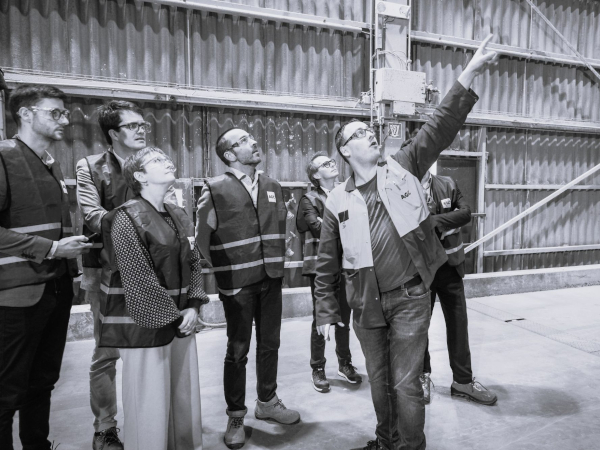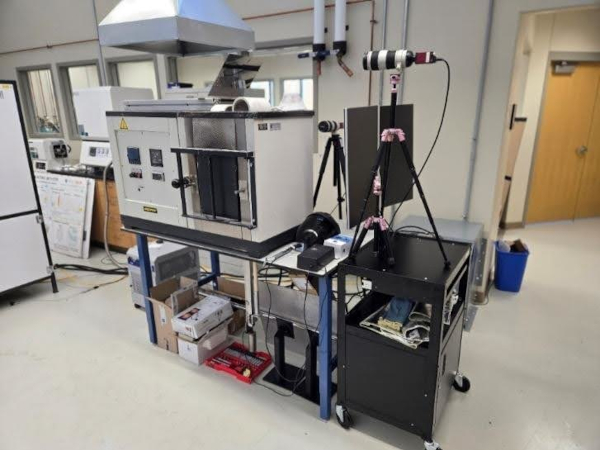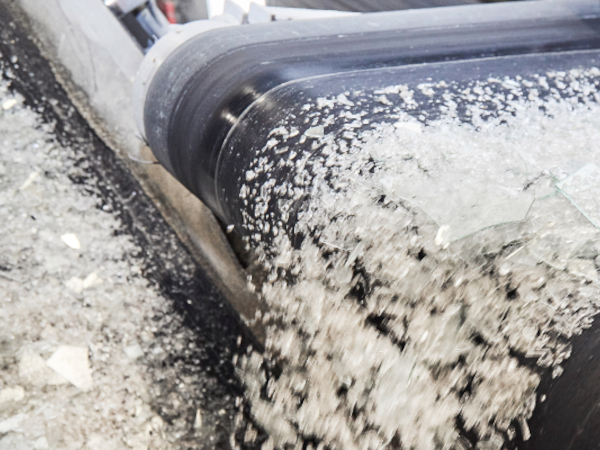Date: 15 January 2007
Most households, however, chucked their bottles in the dustbin. Seven per cent of the average bin is made up of shards of glass, and 2.4 tonnes of the stuff ends up getting sent to landfill every year. There it will sit in perpetuity, its only purpose to tell future anthropologists that 2006 was a big year for organic cider.
We've abbreviated this week's question but the full version, from reader Charlotte James, asked: 'I have been told that recycling glass uses more energy than it saves, so is it really worth doing?' This is a common conundrum in the ethical postbag. It is an equally pervasive urban (or even rural) myth. Recycling two bottles saves the equivalent energy of boiling water for five cups of tea. That sounds like peanuts until you learn that we each throw away 331 glass bottles and jars every year (that means nearly 20bn).
Crucially, recycling glass reduces the need for energy-intensive quarrying of silica and lime. For every tonne of recycled glass used, 1.2 tonnes of raw material is preserved. Besides, glass recycles beautifully precisely because it contains such simple materials. It can be turned back into jars and bottles using the minimum of energy except - and herein lies the problem - if it's green glass. Because the UK is a prolific wine importer but produces very little wine, traditionally more green bottles have been left sitting on the wall than we have use for. They used to be piled up in green-glass mountains and shipped to South America for reprocessing, but now they are crushed and used as aggregate in road building.
Granted, assisting in the expansion of UK motorways won't earn anyone an ethical halo - which is why wherever possible you should try and buy clear glass. In fact, there's a shortage of clear glass returned for recycling. Pubs, restaurants and bars could contribute some of the 600,000 tonnes of glass they generate each year, 80 per cent of which is chucked into landfill. The exceptions include the Strada restaurant chain and Young's pubs. Their glass is now recycled by an innovative firm, Smash & Grab (smashgrab.co.uk), which rescues the equivalent of 625,000 wine bottles from landfill each year.
Read the entire news on the source link below.







Add new comment